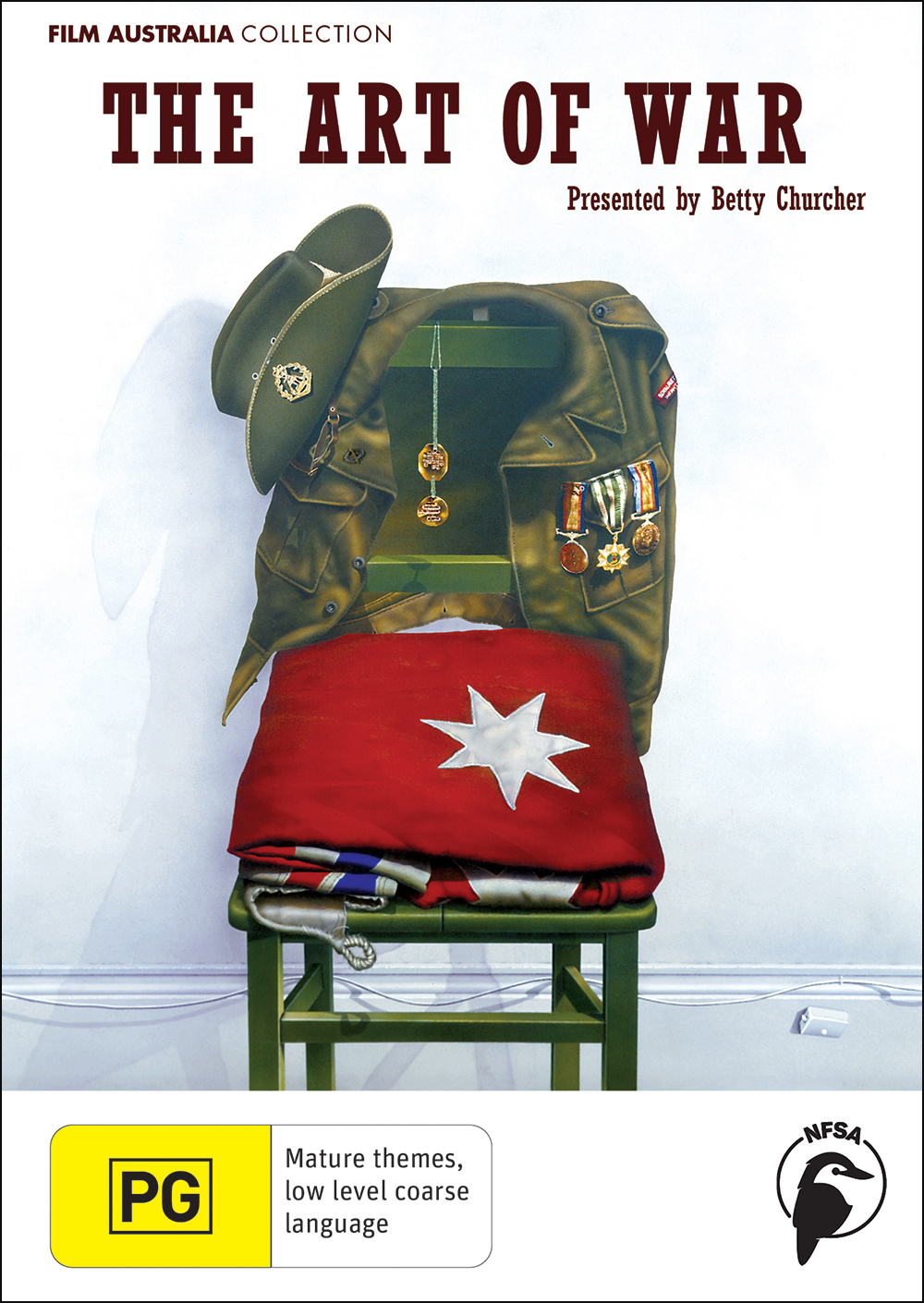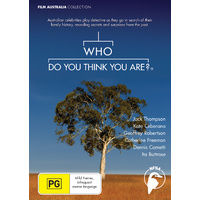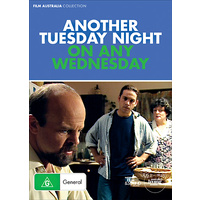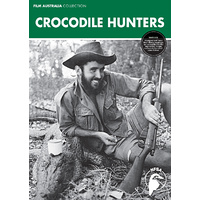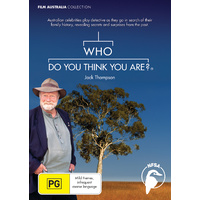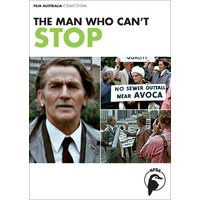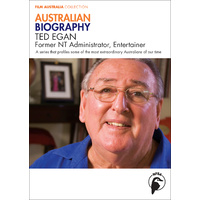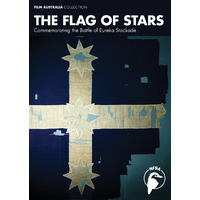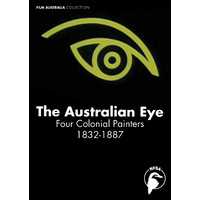2005, 4 x 26 Minutes. Classification: PG.
In The Art of War, Betty Churcher brings her unique perspective to a series on Australian art inspired or provoked by a century of conflict, from World War One to the "war on terror". A personal exploration of art rather than a comprehensive history, it reveals how dramatically attitudes to war have changed, and how radically the trauma of war has changed art itself. With images from official war artists, soldiers on the frontline or in POW camps, civilians in concentration camps and those on the homefront, it is a story of unknown artists and famous names such as George Lambert, Nora Heysen, Wendy Sharpe and Sidney Nolan.
Although there were no "official" war artists to record that most significant moment in our nation’s history - the landing at Gallipoli in 1915 - there was ample artistic talent among the servicemen who fought in World War One. These soldier-artists left us eyewitness accounts, from Turkey and North Africa to Palestine and the Western Front. This episode looks at their legacy and that of CEW Bean, the inspiration behind the Australian War Memorial and Australia’s official war artist scheme. In particular, it explores the work of two government-appointed war artists: George Lambert - who depicted the heroics of great battles won and lost - and Will Dyson - who focused on the horror of trench warfare.
Extraordinary changes took place in European art as a result of World War One, with the development of a visual language to express internal trauma and mental anguish. Australian artists such as Albert Tucker drew on this in their responses to the Second World War. One of those who documented the 1939-1945 conflict was official war artist Ivor Hele. His epic pictures of the Middle Eastern and North African campaigns and dark images of New Guinea can be seen in this episode alongside the work of Academy Award winning cinematographer Damien Parer and drawings by concentration camp survivor Bernard Slawik.
In World War Two women such as Sybil Craig, Stella Bowen and Nora Heysen were recruited for the first time as official war artists, recording in particular the contribution of women to the war effort. On the homefront, Margaret Preston and John Brack along with Sydney trio William Dobell, Donald Friend and Russell Drysdale provided a different perspective of the war experience. Later, other artists would explore in their paintings legendary stories of courage and endurance that survive through the decades: with Sidney Nolan starting his Gallipoli series in 1955 and Jan Senbergs revisiting the 1942 sinking of HMAS Armidale nearly half a century later.
The conflicts that have followed World War Two could not be viewed with the same lofty idealism as earlier wars. In looking at the work of Ray Beattie and Ian Howard, this episode considers the search for new symbols and the development of protest art. Beginning with the wars in Korea and Vietnam, Betty Churcher then talks to some of the artists - including Jan Senbergs, Kevin Connor, Rick Amor, Wendy Sharpe, Gordon Bennett and her own son Peter Churcher - who have created works in response to the First Gulf War, peacekeeping in East Timor, the 9/11 attacks and the "war against terror".
A Film Australia National Interest Program in association with Early Works. Produced with the support of the Australian War Memorial and in association with SBS Independent. © 2011 National Film and Sound Archive of Australia.
(200301500)
Director: John Hughes
Year: 2005
Running Time: 4 x 26 Minutes
Featured People: Betty Churcher
Classification: PG. Consumer advice: Mature themes, low level coarse language.
Curriculum Links: SOSE/HSIE, Visual Arts, Australian History and Society, Cultural Studies, English and Media Studies.
SEE ALSO
Australian Biography: Betty Churcher
| SKU | 200301500 |
| Brand | Film Australia |

